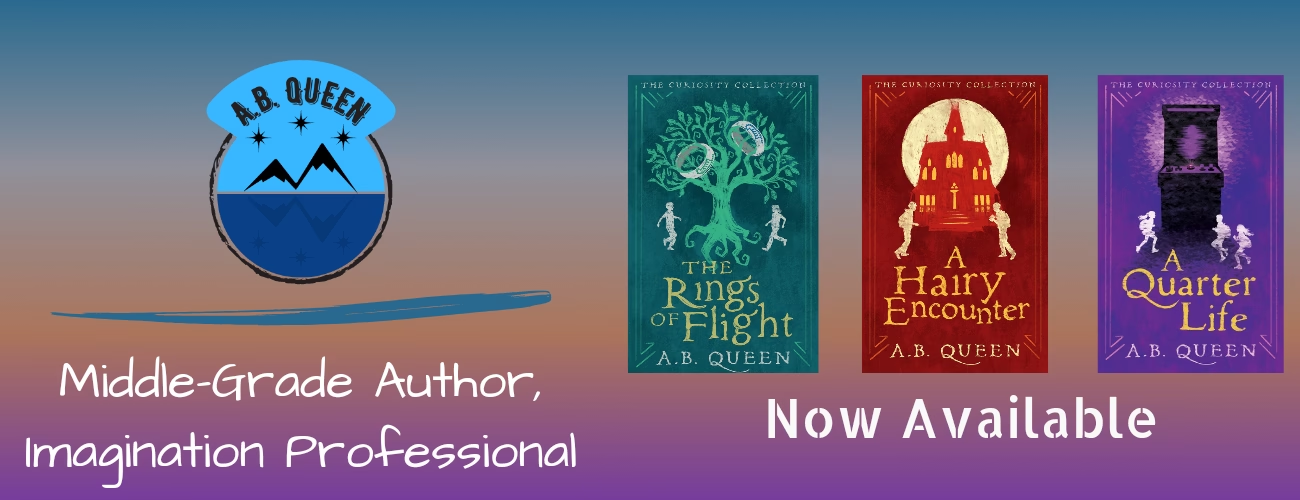
Starting a Work Writing Group
Untapped potential and audience within your reach? How exciting!
Starting a writing group is easier than ever these days. No longer are you expected to meet in a coffee shop across town, hoping that at least two other people show up. We can now start an online writing group with relative ease and from the comfort of our own homes. However, while it is easier to start an online group, there is some untapped potential for a writing group. Your workplace.
While this article is geared towards writers who are not full-time writers and work a separate 9-to-5 job, I do hope it provides some guidance and wisdom for those who are full-time writers.
Now you may be wondering why you should start a writing group at your place of work. I will explain.
Easy Access
As mentioned above, it is so much easier to create writing groups these days, but our workplace most likely already has all the tools in place to start some type of group.
Most workplaces encourage comradery among their employees. After all, stronger team morale at work leads to more productivity, right? Well, due to this belief that companies have adopted, they have already put systems in place to help you create groups of all kinds. Anywhere from career advancement to training to social or general interest groups.
I can’t tell you how easy it is to start a new Slack channel, send out an email to people I know, or place a bulletin on the company’s social network. Hell, even just talking to people around the office throughout the day. We are equipped with the tools to create opportunities.
Surprising Guests
Starting a group—a new group at work has and will always surprise me. We love to think we have all the information we need about our co-workers. However, you may be surprised by those who sign up and show up.
According to this wordsrated.com article, there are roughly 4 million books published a year. This means there is a strong chance there are hidden and aspiring writers in our lives. Your office is probably filled with secretive writers who are daydreaming about the next world they are creating or with motivational speaker enthusiasts outlining their own future impact on humanity. This makes it incredibly fun to organize a writing group, find out who has an interest in joining, and see a bit of their artistic freak flag fly.
The last writing group I started revealed three people within my own department who were weekend writers. Each had been working on their own novel for the past few years and was ready to start taking it seriously. One of these individuals was pretty high up the corporate ladder.
New Opportunities
Not only will your writing group reveal surprise guests over time, but it can also open up new opportunities within your current work.
It is no secret that it isn’t always what you know, but who you know. When you go outside of your comfort zone and meet new people, there are opportunities that are just waiting to be explored.
Creating a workplace writing group may not only help your writing career but also have a positive impact on your 9–5 career. Hanging out on a monthly, biweekly, or weekly basis with individuals you usually wouldn’t be in the same room with can open new doors and opportunities for your careers.
New people, New Personalities, and Instant Fans
Whether you are writing fiction or nonfiction, people are the center of stories. Your characters and/or stories need to be convincing to those who read them. Using a work writing group is a great resource to study other humans, their behaviors, their mannerisms, and how they interact with each other.
Fiction Example
You are finding your protagonist to be a little flat and uninteresting. Take a look at your coworkers and how they interact with each other—how one eats their food or another walks. There are limitless personalities out there, personalities that you can mix and match. Plus, your writing group has most certainly struggled with this at some point in their writing career, they may have some great tips.
Nonfiction example
Maybe you are writing a personal development book and need some more examples and use cases in your book. Your writing group may be willing to provide you with these examples either first-hand or second-hand. They can also be a great sounding board for the message you are trying to deliver.
Fan Base
The connections we build with humans are one of the greatest and most important things in life. We live in a world surrounded by amazing creatures, so why not use that to our advantage? When you build a strong relationship with someone, they are going to support you. It’s in our nature to do so, just as you would support those you care about.
It can be terrifying to share your work with others, but at the end of the day, isn’t that why you are writing to begin with? To share your work? A work writing group can be the first to proudly support other writers and their work, not only during the creation process but possibly throughout your entire writing career.
Setting Proper Expectations
If you choose to set up a writing group at your workplace, it is important to set proper expectations. Groups need structure and guidelines, even if the structure is to have no structure, it still needs to be said.
Communicate
When starting your writing group, you may have high expectations for the time, frequency, goals, and structure of the meeting, and that is great until someone doesn’t meet this structure of yours.
Communication is crucial in these groups. When starting the group, you want to provide some communication about the outline of your vision. Things such as the frequency of the meeting, how long the meeting would be, where you would meet, who it is tailored for, and some of the basic goals you are looking to set. Having these things out there from the very beginning will save you headaches in the long run.
Be Flexible
Now that you have your structure ready to be sent out, make sure that you have flexibility built in. If you are starting a writing group that can only meet once a month outside, under a full moon, you are setting yourself up for failure. People have lives outside of work and their writing. Not to mention, they may be intimidated about signing up for a writing group. Being flexible in terms of availability and cadence is crucial. I recommend setting up some type of general interest form that allows people to provide their ideal days, time blocks, and cadence of the meeting.
Be Consistent and Understand Attendance
Not everyone who signs up is going to show up. In fact, you will often find that only a small percentage of the people interested will show up, and that’s okay. Make it clear that attendance isn’t mandatory (mandatory attendance is a quick way to failure), and make it known that the writing group will always be there.
This may mean that you are the only one who shows up, but that doesn’t matter, because that one time you aren’t there, someone will show up. Also, if you are the only one there, this just means you can work on your writing more. After all, isn’t that what this is all about?
Be Patient and Supportive
While we may all be writers, we are all writing at different paces. Some of you may be a prolific Brandon Sanderson writer, cranking out multiple books a year. While others may be George R.R. Martin and, well…
Be patient with your goals and your ideas. If you have a review session, know that some people may have struggled to get a single word written since the last session. Be supportive and ask if there is anything the group can do to help.
Conclusion
Work writing groups can be a mixed bag. They can either be the most amazing resource and project you have ever started, or they can be a huge letdown. If you go in with the right attitude, you will find them to be a priceless resource. However, any writing group would not be complete without a little frustration. But if you keep a reminder of why you started it and know that it will have its ups and downs, everything will work out just fine, and you will progress through your writing career.
At the end of the day, learn everything you can from everyone you can and enjoy the process. Writing should be fun, let’s continue to work on making it even more fun.





